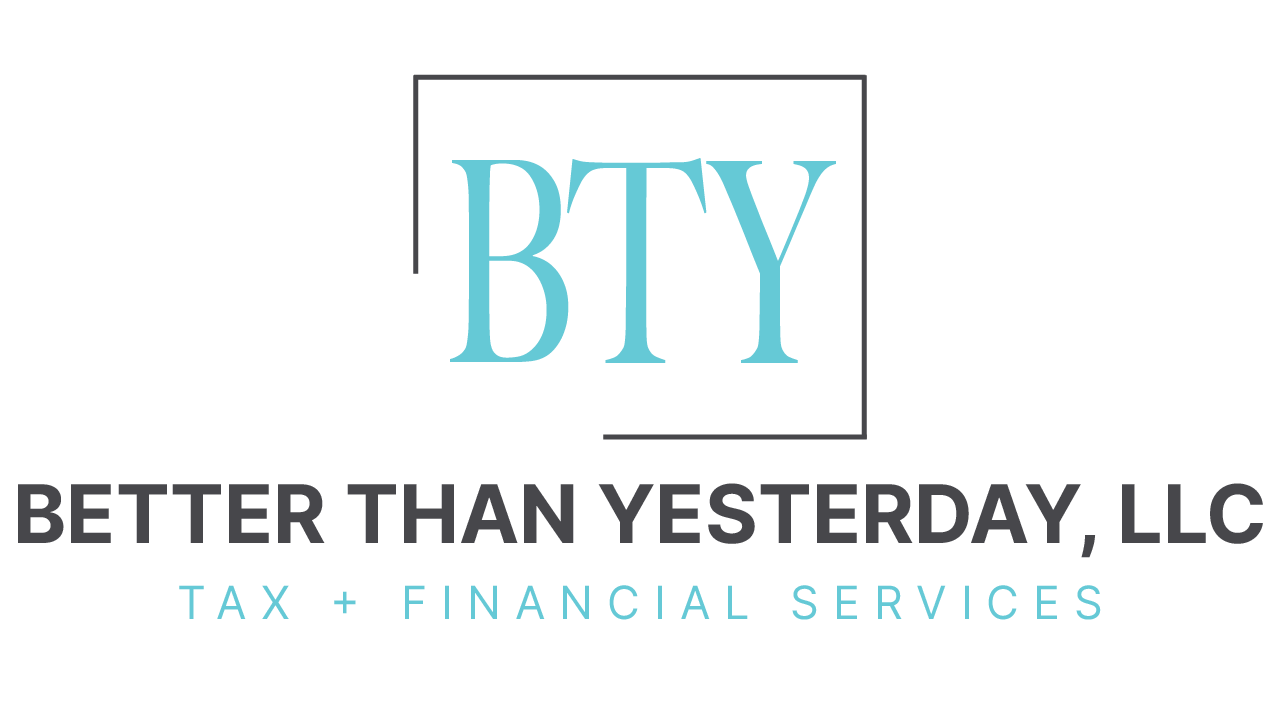What does filing a tax extension accomplish?
When an individual files a tax extension, it grants a six-month extension on the tax filing deadline from April 15th to October 15th. However, this does not give you extra time to pay taxes you might owe on that return.
So, why would anyone want to extend their taxes… wouldn’t you want to get it over with?
Well, in some cases you have to file an extension. In most situations, the taxpayer is still waiting on certain tax documents to come in.
Be sure to read further on the pros and cons of filing an extension…
PROS
REDUCE LATE PENALTIES
So, remember when you read that this does not give you extra time to pay taxes you might owe? Here’s the deal…
The IRS has two types of late penalties:
- A Failure to File Penalty is 5% of the unpaid taxes for each month that the return is late. The maximum rate is 25% of unpaid taxes.
- A Failure to Pay Penalty is 0.5% of the unpaid taxes for each month that the tax is unpaid. The maximum rate is 25% of unpaid taxes.
By filing a tax extension, you avoid the Failure to File Penalty as long as you file by the extended deadline. If you fail to file by October 15th, then the Failure to File Penalty will begin after October 15th.
FUND A SEP
When you file a tax extension, your contributions to a traditional and Roth IRA are not granted extra time. BUT, if you’re self-employed filing an extension also provides an additional six months to fund SEP IRAs, solo 401(k)s, or a SIMPLE IRA plan for yourself.
Keep in mind, solo 401(k)s and SIMPLE IRAs must be set up during the tax year but can be funded as late as the extended deadline.
Whereas a SEP IRA for the previous year can be opened and funded by the extended deadline, as long as a tax extension has been filed.
IMPROVE THE ACCURACY OF YOUR RETURNS
There’s a lot to consider when preparing your tax return. The pressure to file by the April deadline can cause taxpayers and tax preparers to make filing mistakes.
An extension allows you and your tax preparer extra time to go over your return and determine whether you qualify for certain deductions and credits.
REDUCE YOUR TAX PREPARATION FEES
Along with reducing you and your tax preparer’s pressure, you may also save money on your preparation fee.
Some tax firms and even tax software have the ability to raise preparation fees as the April deadline approaches and drop the fees during slow months.
If you are conscious of your preparation fee, you can possibly save money by filing when your tax preparer is less busy.
PROTECT YOUR TAX REFUND
If you’re due a refund from the IRS, you have a three-year statute of limitations to receive your refund which begins on the original filing deadline for the applicable year (typically April 15th).
When you file for a tax extension, the three-year statute of limitations is also extended by six months. This protects your ability to receive your tax refund even if you’re behind on filing tax returns.
CONS
CAN’T EXTEND IRA CONTRIBUTIONS
Remember only self-employed retirement plans can be extended. Traditional and Roth IRA contributions are still due by the original tax deadline even if you file for an extension.
NO RECHARACTERIZING AN IRA CONTRIBUTION
Changing your traditional IRA contribution to a Roth IRA, or vice versa, cannot be recharacterized after the original tax filing deadline.
Fun fact: before the Tax Cuts and Jobs Act (TCJA), you were able to recharacterize until the extended deadline in October.
TRADERS MARK-TO-MARKET ELECTION DOESN’T ADVANCE
A professional trader must make the mark-to-market election by the original due date in April.
Although, if you do plan on filing a tax extension, you can still make the election by attaching a statement to your request for a tax extension.
The statement needs to include the following information:
- You’re making the election under section 475(f);
- The first tax year that the election is effective; and
- The trade or business for which you’re making the election.
YOU MIGHT CONFUSE THE IRS
If you file an extension, the IRS is going to expect you to file a tax return.
For instance, if you file an extension, then find out before the extended deadline that you don’t have to file – you should file anyway. You don’t want to confuse the IRS and open the door for an audit.
So, if you file an extension plan on filing a tax return, even if you don’t meet the income requirements to file.
HOW TO FILE A TAX EXTENSION
You can easily file an extension online with IRS Free File. You will receive a confirmation that the IRS received Form 4868 electronically – keep this confirmation with your tax documents.
Also, most tax preparation software has the ability to file an extension for you. You can complete this yourself or have a tax preparer submit the extension with their software.
Otherwise, you can do it the old fashion way and mail Form 4868 to the IRS. Just make sure you get a tracking number on your mailed-in form because the IRS does warn taxpayers to expect slow paper processing again this year.
Be sure the extension is postmarked by the tax year’s deadline (usually April 15th). An extension cannot be filed after the tax deadline date.
Make sure to always consult with your tax professional on your individual situation. Stay informed this tax season with tax tips from the better than yesterday blog!
All videos are made with Animaker, sign up for free today!






